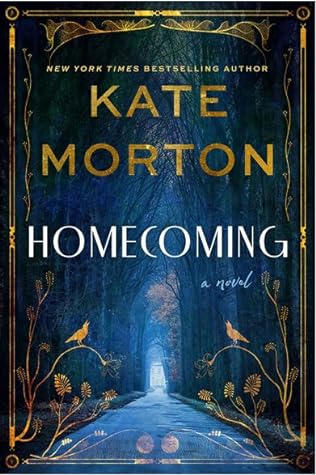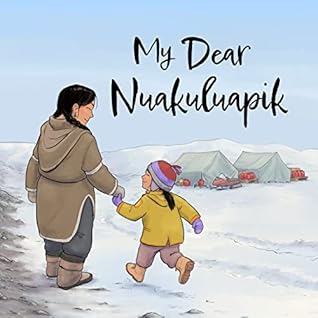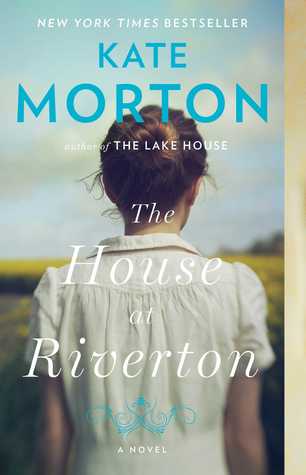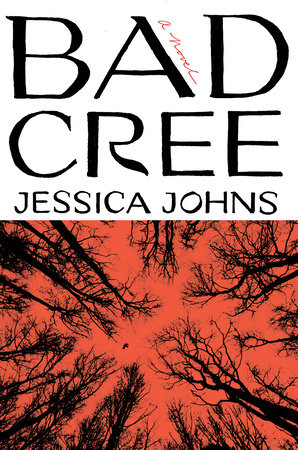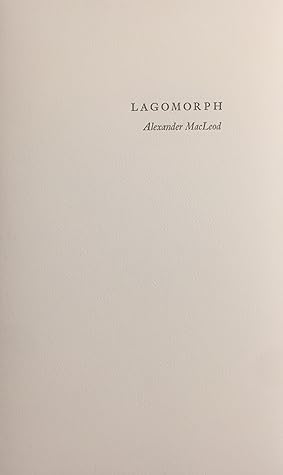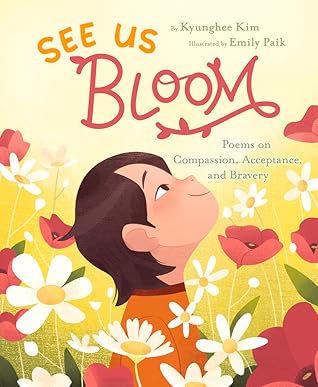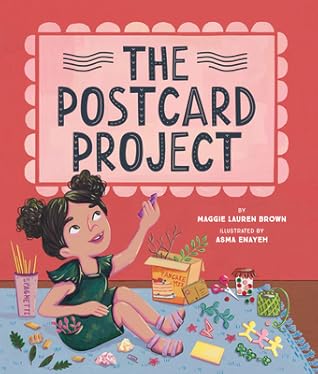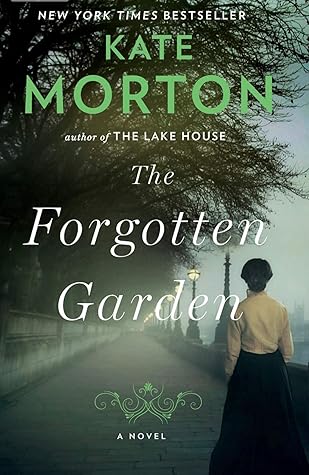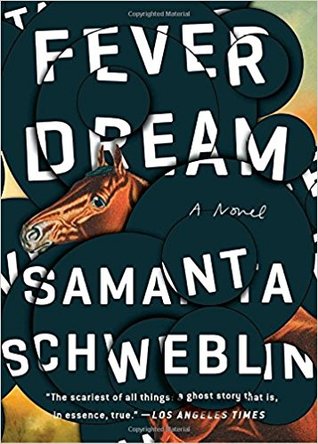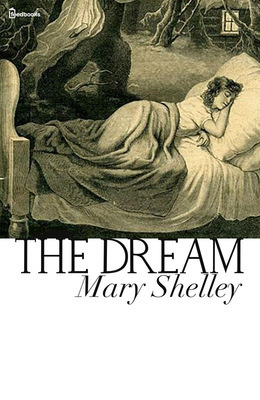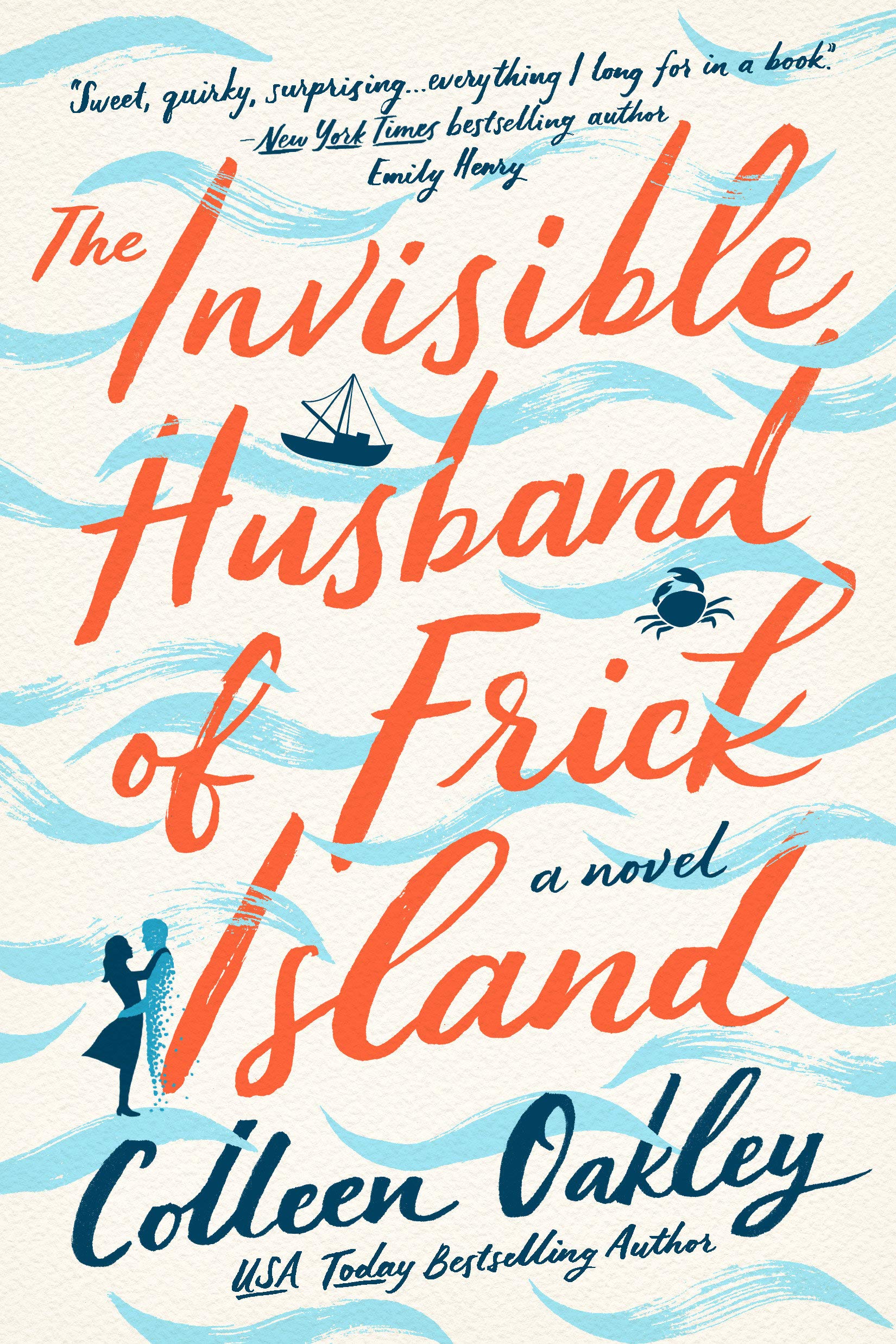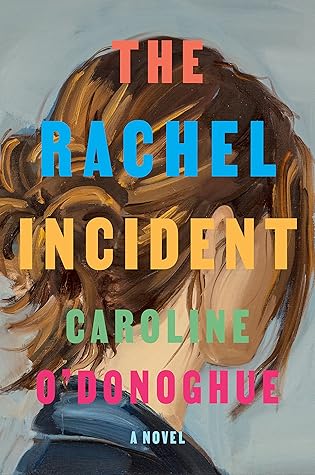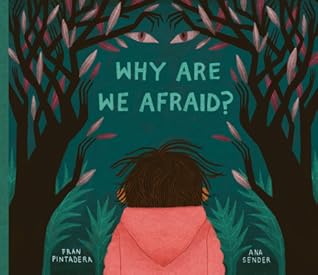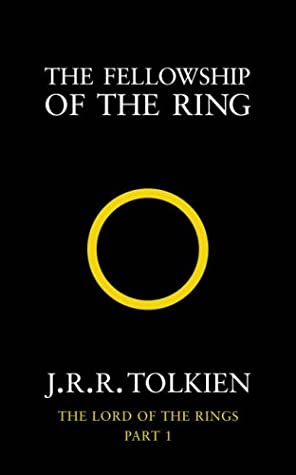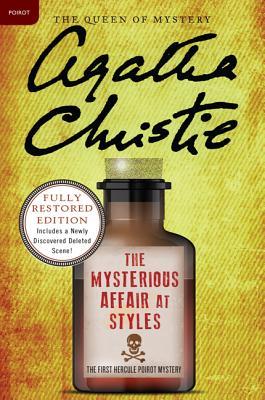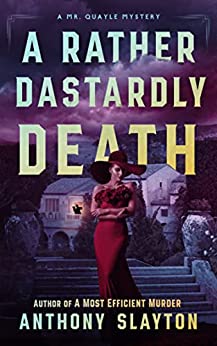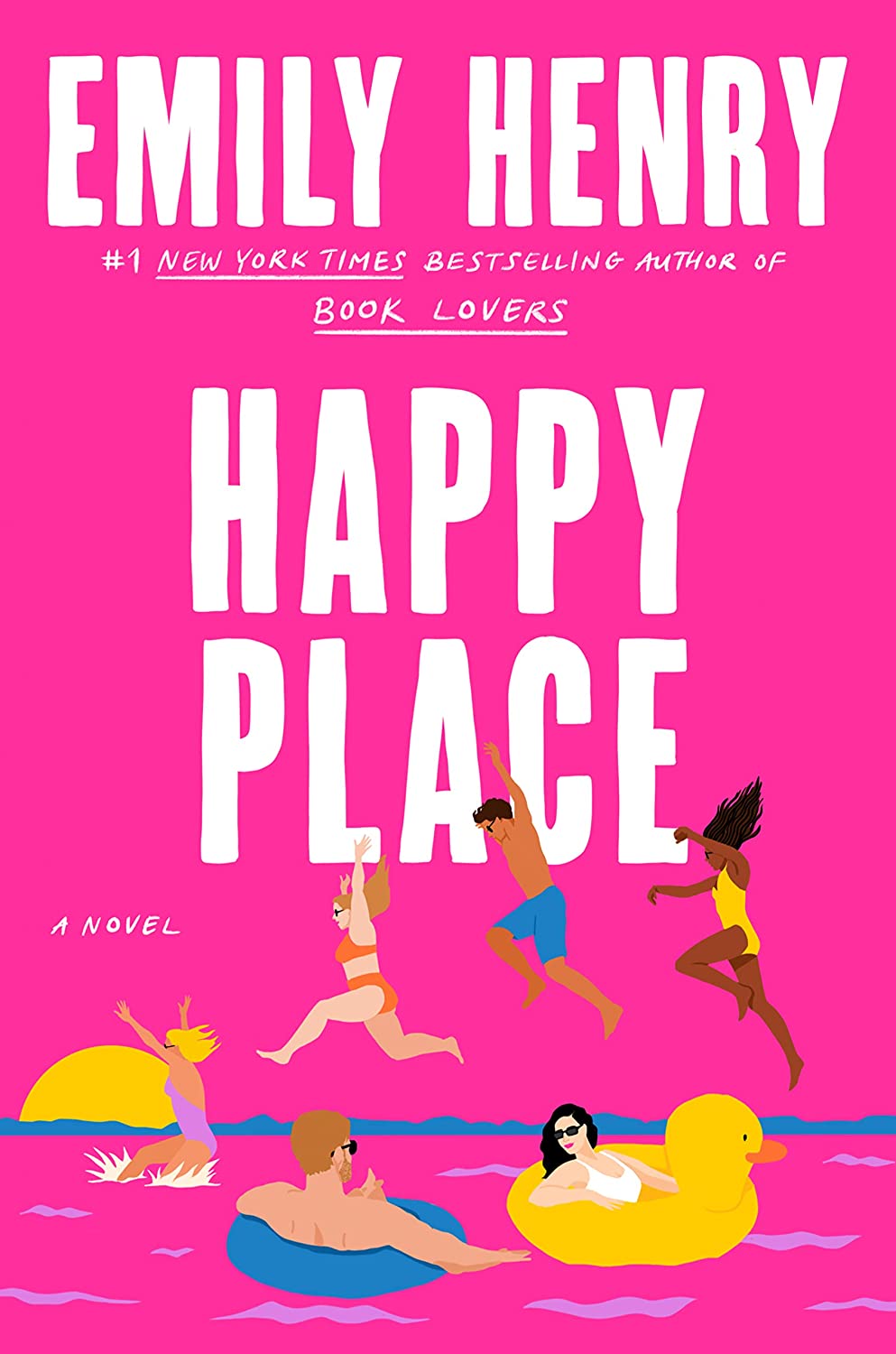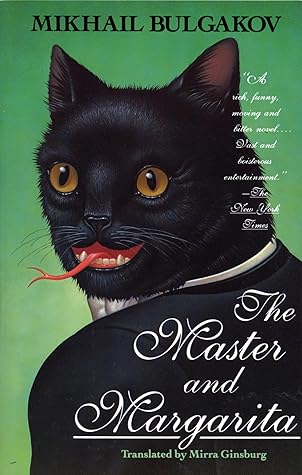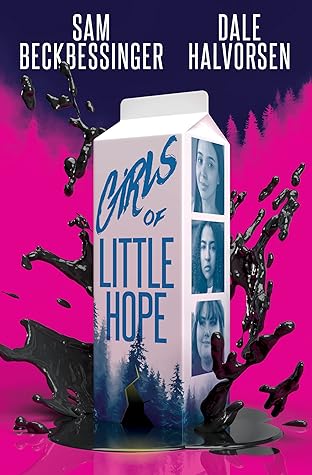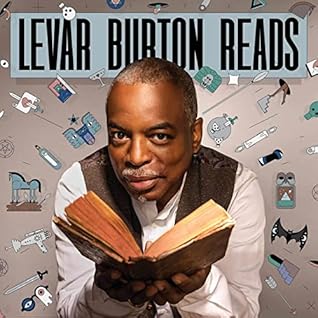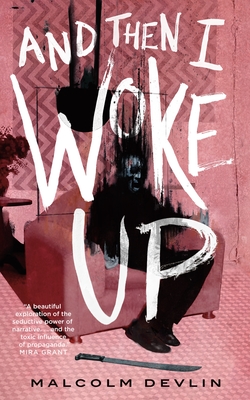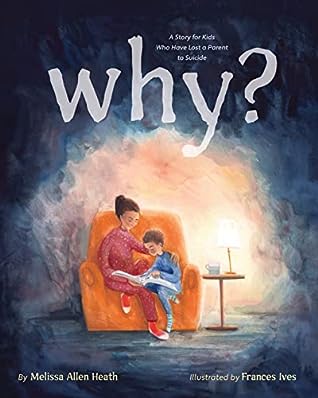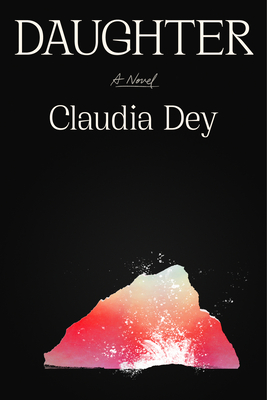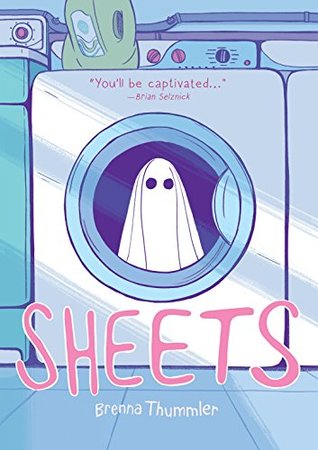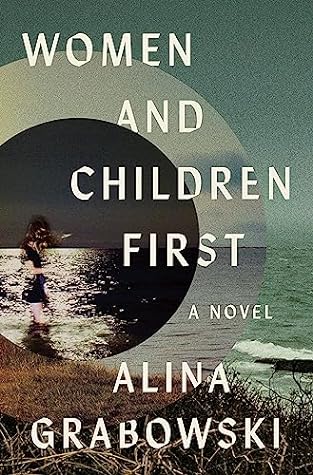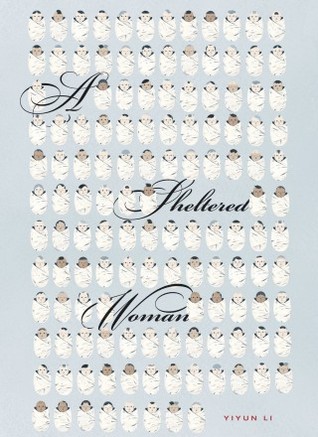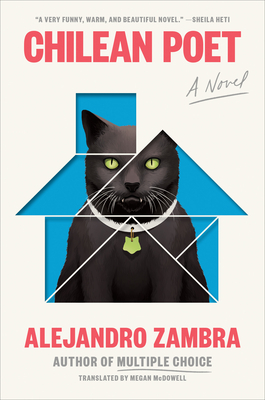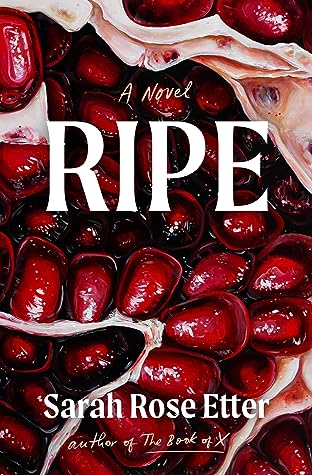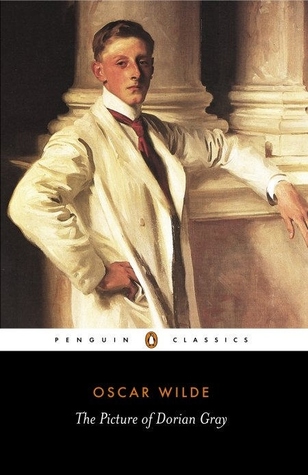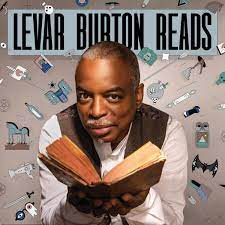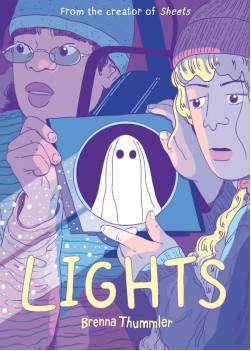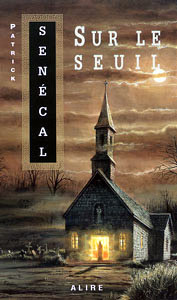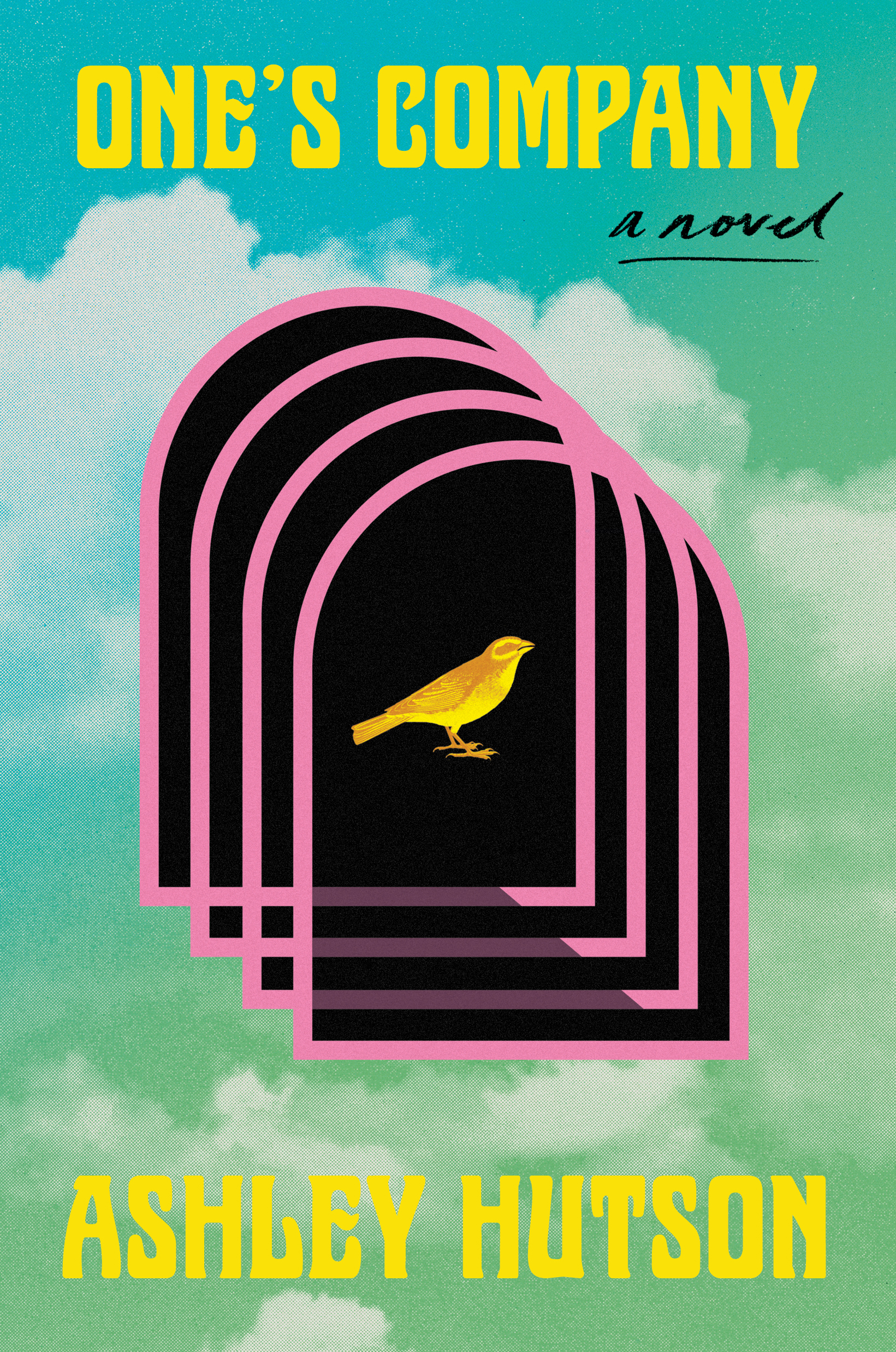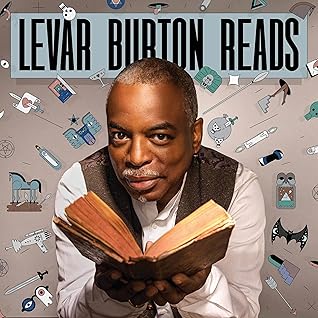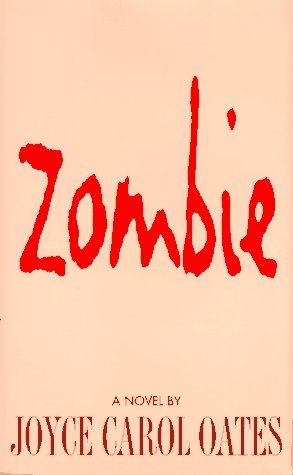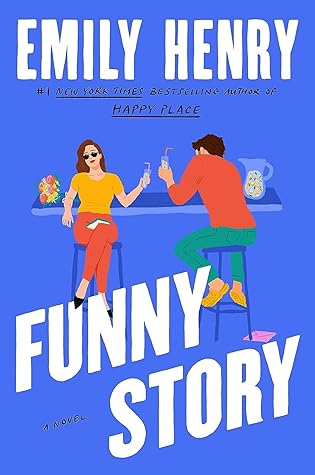Your Year in Books has been shared with your friends on Goodreads
Go to previous year
Chantel’s
average rating for
2023
3.5
3.5
It is important to note that the majority of the themes explored in this book deal with sensitive subject matters. My review, therefore, touches on these topics as well. Many people might find the subject matters of the book as well as those detailed in my review overwhelming. I would suggest you steer clear of both if this is the case. Please note that from this point forward I will be writing about matters which contain reflections on the conse
It is important to note that the majority of the themes explored in this book deal with sensitive subject matters. My review, therefore, touches on these topics as well. Many people might find the subject matters of the book as well as those detailed in my review overwhelming. I would suggest you steer clear of both if this is the case. Please note that from this point forward I will be writing about matters which contain reflections on the consequences of war, death, suicidal ideations, attempted suicide, forced confinement, psychological distress, & others.
When I think of all the ways in which a story can touch my inner sanctum, I am simultaneously faced with the impossibility of outward reflection. To be seen in the words of a stranger is a heartbeat through the twinge of a cord being pulled by a ghost. I long to find that feeling hidden via languages that I do not yet speak; reflected in prose from a person long since departed. Though we have come to delve into the occult; the supernatural sautéed within our norm; we have yet to find a way to thank the phantoms of the writers who doused our society in connectivity unparalleled by all the winds in the world.
Nabokov is a name that feels familiar & yet I know nothing of the man who spent his life in a similar fashion to the unnamed character of this short story. There are facts that are classified as being fun—for whom, I cannot pretend to know—that tell of a life hurdled in shadows, transported by the violence of governing bodies & egos that slashed the breath from the throats of the innocent. In the midst of a mind that was governed by a body fleeing this very cycle of ours is the man who studied butterflies. Perhaps, I mention these pieces of a long life because, for the characters in this book, life is darkness cataclysmically more profound than night.
Our story follows a set of parents as they journey to the asylum where their adult son is housed. As a study in oddities, the staff at the hospital seem perplexed & obsessed with the charm of the son; a person suffering a delinquency that highlights his desire to leave the pattern of platitudes found in the human community. Awkwardly timed smiles & body language that speaks of a gentility unfound within mental hospitals, the parents are unnerved by the truth of the situation; their son suffers a fate worse than death, that of chance.
The world of this story is our own & yet we do not hear birds chirp or rain pellet rooftops. The transit to the asylum is silent, pestering in its emptiness. The parents are inconvenienced by the casualty of the 24-hour clock; buses & trains are late, they stall, & the weather shatters the ceiling of comfort. All the while, this same ticking rumbles in between the crevices of their child’s mind; singing a song of finality that promises reprieve. The only reason he is not dead is because of the unsuspecting vigilantes that plague the earth.
Should he have been left to die? This presents a cruel question & yet we maneuver our way through a multitude of conversations that pose the same subject matter between our teeth until we spew it like a kernel, eager to find the floor. If a person is as this invisible character is; captured in a system that does not understand him, should he be able to be set free? Who is allowed to choose when & why death is an acceptable end? Certainly, we do not want people to suffer yet, many people do. Who gets to play God in the theatrical production of our false awareness of the depths that loom like a serpent's body on the ocean floor?
Everything in this story is a sign of something else. There is symbolism in every tongue movement used to form a word. The one animal we encounter in this story is drowning, floundering in the rain. At the same time, someone thought that one of the son’s suicide attempts was his attempt to take flight. What does this mean? We know even less about the people we journey with during every second of the odyssey than we did at the onset. Why does the patriarch not have a career in America but his brother does? Do the parents feel disgusted or prideful that “The Prince” allows them to live off of his earned dollars? Where are all of the people that this family used to love?
Can we conclude that everyone who acts off-page is indeed out of time? What is the significance of jam jars? Why would these parents think that their son would have been able to use something so delicious from the outside world when everything in his life is communicating the dullness of his own? Part of the tenderness within this narrative is that what plagues the mind of the son is in fact a casualness that many people rely on to feel more tethered to the world. If the sun shines on a morning after a person cried themselves to sleep they might take this as a sign that the skies welcome them into a good day ahead. If a person were to be made late because of a broken train, they might deduce that they were not meant to be delivered to their destination. Why do we not listen to the man who was institutionalized for believing that everything around him recognized him for the person that he wished to be?
I cannot speak to the details of committing someone to an institution. I do not think that those details are the purpose behind this story. However, I do think that it is interesting to read the recollection of the matriarch as she remembers a time when the eccentricities of her child were just that—the raving lunacies of genius rather than a madness unfit for shapeless minds. Within every action that takes place, there is the recollection that something more can be taken from it. We have been taught to think this way since we were in school—for some of us, even before that. When we read a sentence we must ask ourselves an amplitude of questions, mainly: how does this phrase fit into the book as a whole?
Should we approach this story with the opposite intention? Should we welcome the suicidal ideations of a person we do not know because we were told that they were bad, therefore we should believe them? Should we forget that life is a game of deductions, calamities forming our habits into puzzle pieces so that our quotidian is more manageable for a long life? Should we take nothing away from the story? Perhaps we should look at this book as we look on to ourselves; a riddle hidden in the confines of a skin barrier moulded with intent to the life inside.
If you would like to read this story, please visit this •LINK• ...more
When I think of all the ways in which a story can touch my inner sanctum, I am simultaneously faced with the impossibility of outward reflection. To be seen in the words of a stranger is a heartbeat through the twinge of a cord being pulled by a ghost. I long to find that feeling hidden via languages that I do not yet speak; reflected in prose from a person long since departed. Though we have come to delve into the occult; the supernatural sautéed within our norm; we have yet to find a way to thank the phantoms of the writers who doused our society in connectivity unparalleled by all the winds in the world.
Nabokov is a name that feels familiar & yet I know nothing of the man who spent his life in a similar fashion to the unnamed character of this short story. There are facts that are classified as being fun—for whom, I cannot pretend to know—that tell of a life hurdled in shadows, transported by the violence of governing bodies & egos that slashed the breath from the throats of the innocent. In the midst of a mind that was governed by a body fleeing this very cycle of ours is the man who studied butterflies. Perhaps, I mention these pieces of a long life because, for the characters in this book, life is darkness cataclysmically more profound than night.
Our story follows a set of parents as they journey to the asylum where their adult son is housed. As a study in oddities, the staff at the hospital seem perplexed & obsessed with the charm of the son; a person suffering a delinquency that highlights his desire to leave the pattern of platitudes found in the human community. Awkwardly timed smiles & body language that speaks of a gentility unfound within mental hospitals, the parents are unnerved by the truth of the situation; their son suffers a fate worse than death, that of chance.
The world of this story is our own & yet we do not hear birds chirp or rain pellet rooftops. The transit to the asylum is silent, pestering in its emptiness. The parents are inconvenienced by the casualty of the 24-hour clock; buses & trains are late, they stall, & the weather shatters the ceiling of comfort. All the while, this same ticking rumbles in between the crevices of their child’s mind; singing a song of finality that promises reprieve. The only reason he is not dead is because of the unsuspecting vigilantes that plague the earth.
Should he have been left to die? This presents a cruel question & yet we maneuver our way through a multitude of conversations that pose the same subject matter between our teeth until we spew it like a kernel, eager to find the floor. If a person is as this invisible character is; captured in a system that does not understand him, should he be able to be set free? Who is allowed to choose when & why death is an acceptable end? Certainly, we do not want people to suffer yet, many people do. Who gets to play God in the theatrical production of our false awareness of the depths that loom like a serpent's body on the ocean floor?
Everything in this story is a sign of something else. There is symbolism in every tongue movement used to form a word. The one animal we encounter in this story is drowning, floundering in the rain. At the same time, someone thought that one of the son’s suicide attempts was his attempt to take flight. What does this mean? We know even less about the people we journey with during every second of the odyssey than we did at the onset. Why does the patriarch not have a career in America but his brother does? Do the parents feel disgusted or prideful that “The Prince” allows them to live off of his earned dollars? Where are all of the people that this family used to love?
Can we conclude that everyone who acts off-page is indeed out of time? What is the significance of jam jars? Why would these parents think that their son would have been able to use something so delicious from the outside world when everything in his life is communicating the dullness of his own? Part of the tenderness within this narrative is that what plagues the mind of the son is in fact a casualness that many people rely on to feel more tethered to the world. If the sun shines on a morning after a person cried themselves to sleep they might take this as a sign that the skies welcome them into a good day ahead. If a person were to be made late because of a broken train, they might deduce that they were not meant to be delivered to their destination. Why do we not listen to the man who was institutionalized for believing that everything around him recognized him for the person that he wished to be?
I cannot speak to the details of committing someone to an institution. I do not think that those details are the purpose behind this story. However, I do think that it is interesting to read the recollection of the matriarch as she remembers a time when the eccentricities of her child were just that—the raving lunacies of genius rather than a madness unfit for shapeless minds. Within every action that takes place, there is the recollection that something more can be taken from it. We have been taught to think this way since we were in school—for some of us, even before that. When we read a sentence we must ask ourselves an amplitude of questions, mainly: how does this phrase fit into the book as a whole?
Should we approach this story with the opposite intention? Should we welcome the suicidal ideations of a person we do not know because we were told that they were bad, therefore we should believe them? Should we forget that life is a game of deductions, calamities forming our habits into puzzle pieces so that our quotidian is more manageable for a long life? Should we take nothing away from the story? Perhaps we should look at this book as we look on to ourselves; a riddle hidden in the confines of a skin barrier moulded with intent to the life inside.
If you would like to read this story, please visit this •LINK• ...more
It is important to note that most of the themes explored in this book deal with sensitive subject matters. My review, therefore, touches on these topics as well. Many people might find the book's subject matters & those detailed in my review overwhelming. I suggest you steer clear of both if this is the case. Please note that from this point forward I will be writing about matters that contain reflections on parental abandonment, parental abuse,
It is important to note that most of the themes explored in this book deal with sensitive subject matters. My review, therefore, touches on these topics as well. Many people might find the book's subject matters & those detailed in my review overwhelming. I suggest you steer clear of both if this is the case. Please note that from this point forward I will be writing about matters that contain reflections on parental abandonment, parental abuse, psychological abuse, parental neglect, Complex Post-Traumatic Stress Disorder, & others.
In all the stories of romance, the epicentre of the narratives that leak love derive their fluorescent nature from darkness. Whereas once the lonely heart beat on its own, enjoying the days as one must when one is alone; now the heart beats in a thrum, like hands over the steady skin of a drum.
What makes the romantic narrative so engaging? Which part of the lovers’ odyssey sings to the lonely-hearted auditor? The nature of love is that it is attainable to all, no matter the pestering pain or deep-rooted ache; every single monstrous fear & deeply hopeful dream leaves room in their catacombs for the visually invisible magic that changes the world, one person at a time.
When I learnt Henry was publishing another book I was less than enthused. I have read every single book she has published & only one (1) mildly settled my reader’s soul. I have always advocated for readers to find the books that speak to them. Not all books are for every reader but, it is good to try something different; like an aroma unplaced at a fancy dinner. However, I tried & we never met at a place where the efforts of the author were appreciated by me; my efforts never reached her ears, falling, rather, into the wasteland of reviews that I have written over the years.
Who is to blame? I wanted to love each of Henry’s books because everyone else did but, I am not everyone else. Yet, time after time, I was reminded of the type of reader I am; a reader who longs for realism even when writing about the most mystifying aspects of life.
This has left me not a little sad. The Romance genre appeals to so many readers & though I knock my skull against the library shelves, I have yet to find the cozy warmth so many readers have nestled themselves into. I suppose it is to my credit that I did not abandon all hope. I do not say this to be coy, rather, I know Henry can write & this is why I was disappointed.
Throughout our time together, I have found her books to cater to a very particular reader, one who is perchance rather dedicated to the online world of acronyms & a tragic lack of vernacular. I cannot be unkind to these readers; I admire them & their eagerness to love all books. It is refreshing to see people approach reading freely, without the inhibitions of a mind that critically deconstructs & analyses at every turn.
Readers, like myself, who pick their books as though it were their last meal; seated to devour the prose, the scenery, & the intimacy with the author like being born anew while keeping the skin they have always lived in—are less likely to simply love a genre meant for the causally earnest consumer of words.
It is with gratitude to the publisher that I come to you now, ravishingly pleased with the story I have read. I prepared myself by reading nothing of the synopsis & no word of the praise her dedicated fans brought to her door; I came to Henry’s writing desk & asked her to give me a chance to see in her efforts the skill I knew she possessed. She obliged.
Daphne is thirty-three; she has no idea where she fits into the world or how her life has gotten to a point where, on the flip of a coin, her days could become so devastatingly empty. Whereas one spring day she was engaged to a man who was tidy & scheduled, on the eve of a new life, he cast her aside to run away into the sunset with his best friend.
The tale as old as time is rather not the dramatics of being abandoned by someone whom you thought would care for you, but rather, that love is in the small things; the cool breeze, gentle waves of the river; the warm Chai, the fresh bedsheets; the person who wandered the periphery casting light into all your cloistered shadows.
The romance that develops between Daphne & Miles—the roommate; the ex-boyfriend of her fiancé’s best friend turned lover—is slow. It is not painstaking but earnest. Neither character is entirely sure of themselves but, this does not mean that they are incurably flawed.
What I found in Henry’s writing was her ability to make real the dark ink on the page; her characters are people who breathe life into their own stories. Henry’s ability to present readers with entirely genuine characters is a skill that should be admired; it is not altogether easy to achieve vivid images of people while asking the reader to empathize with something they might not understand.
The characters in this book have had difficult childhoods. When I went into this book, I did not expect to see reflections of myself in the blank faces of people that did not even exist but, there I was. I applaud Henry for incorporating the essence of cruelty & lasting pain into characters who fought for their day on the page; their spot in the sun & the peace that was brought to them in the conclusion.
That is to say; trauma is a very difficult thing to present to readers. Some people go through life unscathed & the presentation of complex human experiences is tedious to explain. Not everyone has lovely relationships with their parents but this does not mean that they were abused. Therefore, an author must either choose to present a middle ground or, encourage their reader to follow them into deep dark water.
In Henry’s case, she allowed the reader to remain safe outside the book. Ultimately, readers know that love will prevail—it always does. However, readers such as myself, who have personal experience with the events that cause Complex Post Traumatic Stress Disorder (c-PTSD) & who have read more than their fair share of books, might linger & that is, as Henry allows it, entirely to their discretion.
Somehow, Henry has welcomed the array of readers to the sandy beach where they will root for the tender touch of Daphne & Miles, while still allowing for the mind of the reader who will become stuck in the memories that cloud their mind. This is an extraordinary skill.
Though stories can be accessible to all, it is challenging to write for everyone; this is something no author can do. However, Henry has gotten very close. While reading about the escapades & trials that Miles & Daphne endured in their own lives, I found myself relaxed & eager to see what life had in store for them. It was helpful to have characters walking the roads in a town that was filled with good people. We live in a world that often seems starved of tenderness, leaving readers malnourished.
Whereas Miles was a complicated man, he never came across as stupidly egotistical. The fine line was drawn by the author when she accentuated Miles’ gentility & friendliness. Once again, veterans of life & lore will see in Miles the characteristics of a person who is friendly without being profound & their walls might begin to rise.
I found the repetitive nature of Daphne’s compliments towards Miles rather trite. It is not a good thing to be liked by everyone; one cannot be friends with the world or one is rather hollow. I found myself annoyed that Miles was only known as a nice person & that the sole compliments Daphne could give him were that he was adventurous, super nice, & hot. These traits are not very telling. Who is Miles?
I am not altogether convinced that Daphne understood who Miles was as a person; rather their interactions skimmed the surface of a shallow pool. Yet, as the book went on & the essence of their person was elaborated upon, I felt confident in the direction that Henry was taking her story.
Though I do not trust a person who likes everyone & whom everyone likes, I can appreciate the desire to avoid the needless conflict that arises by allowing people to see who you are. In Miles’ case, his pattern of avoidance was to ensure his protection. Whereas he was a good person, his kindness was used against his inner peace to satisfy the world around him.
When an older crowd of onlookers took the time to converse with him, I am inclined to believe that their eyes saw through the casual kindness of a person who understood how far manners got them. In this way, I grew protective over Miles, in a laid-back sense. I wanted to see his success as much as I hoped he grew to understand that safety was now in his hands.
This observation made me fearful that Daphne would be the ever-annoying character I have seen so often in this style of book. When she was first introduced I found Daphne to be someone who harped on a nearly insignificant aspect of her life far too much. I wanted her to tell the reader why she kept putting herself down; this was not attractive, cute, coy, or funny, it was mean. Her nostalgia for a time when she was small & relied wholeheartedly on adults who were out in the world, living a life they were unsure of, made it clear to me who I was dealing with & then, I felt afraid she would misunderstand Miles & in turn, me.
When I go into books, I do not expect to meet myself nor do I need the ego wrapping of a Christmas gift to appease my innermost self. I read because the world is filled with people who I am not & in some corner of the earth, someone is probably very alike to me, & in some special niche cases, we meet in the pages of a storybook.
When I come upon classically telling features of a person I can clock like the hands of a round timekeeper I become somewhat defensive. I worried that the author would misunderstand the very clear reality that I have lived; already living in the shadow of truths I shall never reveal; I hope to find these revelations written with earnest intent. That is to say, when Miles spoke about the shadow he became & when Daphne revealed the despair of being left to wait while life moved on, actively without her; I grew protective of something I know well.
It is not easy to trust an author. Some stories seek out the controversial & they do so with the intent to advertise misdirection. Somewhere deep inside, I hoped that Henry would write in a way that spoke to those of us who stood solid on the beach; waiting in the library aisles; experiencing a childhood that is not known, shown, or seen.
It was not her responsibility to do her characters justice. Ultimately, this could have been a story about lovers who were so tortured & traumatized, that they could not overcome the very real struggles that resulted from years of parental neglect & active harm. However, as I have said—love does prevail & in this case, I am glad to have seen it steaming around the corner with rosy cheeks.
What this story sought to present to readers was the complexity of timing. Daphne & Miles are people in their thirties; they have loved people, & had their love cast aside; their parents hurt them & could not protect them from the adult world that loomed over their childhood spirit. The magic in their relationship comes down to their desire to reverse the tides of trauma in their life & the lives of those around them.
Henry has presented a slew of secondary characters who experienced their own levels of mistrust of others. Via the tormented & often strained relationships that each of the characters held with family, & friends, & their struggle to overcome that which held them back; readers were allowed to see how a person can be both complex & blithe of the life they wish to live.
In this sense, Henry’s storyline was able to see the multiplicity of having a parent be absent; a friend forgetting their promise; a love dissipating; & the weight held by speaking truth to secrecy. In all of these experiences, readers grow intimately alongside the characters. Their path is not unbound by struggle but, the characters trust in themselves, even if only a little; enough to put their faith in tomorrow’s promise of a warmer sun, a cooler breeze, & a more restful moment along the way.
Perhaps this is what made me appreciate this story. Through the jaunts around a town that casually reminded me of the town in which I grew up, I found in this story the charm of a gentle tug; there is beauty in life & so much more light than there ever was dark. In a theoretical sense, light can mean anything. One can find light sitting in a dark room via the memory of a smile or the warmth emanating from a person they loved. Technically, the universe & all her Black Holes might swallow us up tonight, but this does not mean that the soul dies.
Therefore, what can a reader take away from this story? Daphne learns that her place in the world is just as important, if not more so, than the space she has held for the people who left her in waiting—the parents who are far away & who have walked away from her life, expecting her to be stagnant until their return. Miles has allowed a breeze in the locked room of his mind—the stale space where he has hidden himself is now being freed. The secondary & tertiary characters of this story reveal a truth that is useful to all readers; the life we lead is as good as our luck, our efforts, & the dime we flip to encourage hope to flourish in ourselves & our choices.
Ultimately, I find myself grateful that Henry allowed me to read her book. I am grateful for Daphne & her desire to intricately read the pages of her life to ensure that her narrative is sound. I am grateful for Miles & his desire to create tenderness in the confines of his mind for an everlasting glow.
This story is romantic in that the characters fall in love; they remember the details that count, the time frames that shape their days & the sweet treats that make life nectarous. Readers will find in this book the tenderness of life in all its dimensionality, presented to them in a way that will guide the pages like a saw through wood; slowly building the home dreamt of in faraway fantasies, wherein love lived safe, soft & sound.
Thank you to NetGalley, Berkley Publishing Group, & Emily Henry for the free copy of this book in exchange for an honest review! ...more
In all the stories of romance, the epicentre of the narratives that leak love derive their fluorescent nature from darkness. Whereas once the lonely heart beat on its own, enjoying the days as one must when one is alone; now the heart beats in a thrum, like hands over the steady skin of a drum.
What makes the romantic narrative so engaging? Which part of the lovers’ odyssey sings to the lonely-hearted auditor? The nature of love is that it is attainable to all, no matter the pestering pain or deep-rooted ache; every single monstrous fear & deeply hopeful dream leaves room in their catacombs for the visually invisible magic that changes the world, one person at a time.
When I learnt Henry was publishing another book I was less than enthused. I have read every single book she has published & only one (1) mildly settled my reader’s soul. I have always advocated for readers to find the books that speak to them. Not all books are for every reader but, it is good to try something different; like an aroma unplaced at a fancy dinner. However, I tried & we never met at a place where the efforts of the author were appreciated by me; my efforts never reached her ears, falling, rather, into the wasteland of reviews that I have written over the years.
Who is to blame? I wanted to love each of Henry’s books because everyone else did but, I am not everyone else. Yet, time after time, I was reminded of the type of reader I am; a reader who longs for realism even when writing about the most mystifying aspects of life.
This has left me not a little sad. The Romance genre appeals to so many readers & though I knock my skull against the library shelves, I have yet to find the cozy warmth so many readers have nestled themselves into. I suppose it is to my credit that I did not abandon all hope. I do not say this to be coy, rather, I know Henry can write & this is why I was disappointed.
Throughout our time together, I have found her books to cater to a very particular reader, one who is perchance rather dedicated to the online world of acronyms & a tragic lack of vernacular. I cannot be unkind to these readers; I admire them & their eagerness to love all books. It is refreshing to see people approach reading freely, without the inhibitions of a mind that critically deconstructs & analyses at every turn.
Readers, like myself, who pick their books as though it were their last meal; seated to devour the prose, the scenery, & the intimacy with the author like being born anew while keeping the skin they have always lived in—are less likely to simply love a genre meant for the causally earnest consumer of words.
It is with gratitude to the publisher that I come to you now, ravishingly pleased with the story I have read. I prepared myself by reading nothing of the synopsis & no word of the praise her dedicated fans brought to her door; I came to Henry’s writing desk & asked her to give me a chance to see in her efforts the skill I knew she possessed. She obliged.
Daphne is thirty-three; she has no idea where she fits into the world or how her life has gotten to a point where, on the flip of a coin, her days could become so devastatingly empty. Whereas one spring day she was engaged to a man who was tidy & scheduled, on the eve of a new life, he cast her aside to run away into the sunset with his best friend.
The tale as old as time is rather not the dramatics of being abandoned by someone whom you thought would care for you, but rather, that love is in the small things; the cool breeze, gentle waves of the river; the warm Chai, the fresh bedsheets; the person who wandered the periphery casting light into all your cloistered shadows.
The romance that develops between Daphne & Miles—the roommate; the ex-boyfriend of her fiancé’s best friend turned lover—is slow. It is not painstaking but earnest. Neither character is entirely sure of themselves but, this does not mean that they are incurably flawed.
What I found in Henry’s writing was her ability to make real the dark ink on the page; her characters are people who breathe life into their own stories. Henry’s ability to present readers with entirely genuine characters is a skill that should be admired; it is not altogether easy to achieve vivid images of people while asking the reader to empathize with something they might not understand.
The characters in this book have had difficult childhoods. When I went into this book, I did not expect to see reflections of myself in the blank faces of people that did not even exist but, there I was. I applaud Henry for incorporating the essence of cruelty & lasting pain into characters who fought for their day on the page; their spot in the sun & the peace that was brought to them in the conclusion.
That is to say; trauma is a very difficult thing to present to readers. Some people go through life unscathed & the presentation of complex human experiences is tedious to explain. Not everyone has lovely relationships with their parents but this does not mean that they were abused. Therefore, an author must either choose to present a middle ground or, encourage their reader to follow them into deep dark water.
In Henry’s case, she allowed the reader to remain safe outside the book. Ultimately, readers know that love will prevail—it always does. However, readers such as myself, who have personal experience with the events that cause Complex Post Traumatic Stress Disorder (c-PTSD) & who have read more than their fair share of books, might linger & that is, as Henry allows it, entirely to their discretion.
Somehow, Henry has welcomed the array of readers to the sandy beach where they will root for the tender touch of Daphne & Miles, while still allowing for the mind of the reader who will become stuck in the memories that cloud their mind. This is an extraordinary skill.
Though stories can be accessible to all, it is challenging to write for everyone; this is something no author can do. However, Henry has gotten very close. While reading about the escapades & trials that Miles & Daphne endured in their own lives, I found myself relaxed & eager to see what life had in store for them. It was helpful to have characters walking the roads in a town that was filled with good people. We live in a world that often seems starved of tenderness, leaving readers malnourished.
Whereas Miles was a complicated man, he never came across as stupidly egotistical. The fine line was drawn by the author when she accentuated Miles’ gentility & friendliness. Once again, veterans of life & lore will see in Miles the characteristics of a person who is friendly without being profound & their walls might begin to rise.
I found the repetitive nature of Daphne’s compliments towards Miles rather trite. It is not a good thing to be liked by everyone; one cannot be friends with the world or one is rather hollow. I found myself annoyed that Miles was only known as a nice person & that the sole compliments Daphne could give him were that he was adventurous, super nice, & hot. These traits are not very telling. Who is Miles?
I am not altogether convinced that Daphne understood who Miles was as a person; rather their interactions skimmed the surface of a shallow pool. Yet, as the book went on & the essence of their person was elaborated upon, I felt confident in the direction that Henry was taking her story.
Though I do not trust a person who likes everyone & whom everyone likes, I can appreciate the desire to avoid the needless conflict that arises by allowing people to see who you are. In Miles’ case, his pattern of avoidance was to ensure his protection. Whereas he was a good person, his kindness was used against his inner peace to satisfy the world around him.
When an older crowd of onlookers took the time to converse with him, I am inclined to believe that their eyes saw through the casual kindness of a person who understood how far manners got them. In this way, I grew protective over Miles, in a laid-back sense. I wanted to see his success as much as I hoped he grew to understand that safety was now in his hands.
This observation made me fearful that Daphne would be the ever-annoying character I have seen so often in this style of book. When she was first introduced I found Daphne to be someone who harped on a nearly insignificant aspect of her life far too much. I wanted her to tell the reader why she kept putting herself down; this was not attractive, cute, coy, or funny, it was mean. Her nostalgia for a time when she was small & relied wholeheartedly on adults who were out in the world, living a life they were unsure of, made it clear to me who I was dealing with & then, I felt afraid she would misunderstand Miles & in turn, me.
When I go into books, I do not expect to meet myself nor do I need the ego wrapping of a Christmas gift to appease my innermost self. I read because the world is filled with people who I am not & in some corner of the earth, someone is probably very alike to me, & in some special niche cases, we meet in the pages of a storybook.
When I come upon classically telling features of a person I can clock like the hands of a round timekeeper I become somewhat defensive. I worried that the author would misunderstand the very clear reality that I have lived; already living in the shadow of truths I shall never reveal; I hope to find these revelations written with earnest intent. That is to say, when Miles spoke about the shadow he became & when Daphne revealed the despair of being left to wait while life moved on, actively without her; I grew protective of something I know well.
It is not easy to trust an author. Some stories seek out the controversial & they do so with the intent to advertise misdirection. Somewhere deep inside, I hoped that Henry would write in a way that spoke to those of us who stood solid on the beach; waiting in the library aisles; experiencing a childhood that is not known, shown, or seen.
It was not her responsibility to do her characters justice. Ultimately, this could have been a story about lovers who were so tortured & traumatized, that they could not overcome the very real struggles that resulted from years of parental neglect & active harm. However, as I have said—love does prevail & in this case, I am glad to have seen it steaming around the corner with rosy cheeks.
What this story sought to present to readers was the complexity of timing. Daphne & Miles are people in their thirties; they have loved people, & had their love cast aside; their parents hurt them & could not protect them from the adult world that loomed over their childhood spirit. The magic in their relationship comes down to their desire to reverse the tides of trauma in their life & the lives of those around them.
Henry has presented a slew of secondary characters who experienced their own levels of mistrust of others. Via the tormented & often strained relationships that each of the characters held with family, & friends, & their struggle to overcome that which held them back; readers were allowed to see how a person can be both complex & blithe of the life they wish to live.
In this sense, Henry’s storyline was able to see the multiplicity of having a parent be absent; a friend forgetting their promise; a love dissipating; & the weight held by speaking truth to secrecy. In all of these experiences, readers grow intimately alongside the characters. Their path is not unbound by struggle but, the characters trust in themselves, even if only a little; enough to put their faith in tomorrow’s promise of a warmer sun, a cooler breeze, & a more restful moment along the way.
Perhaps this is what made me appreciate this story. Through the jaunts around a town that casually reminded me of the town in which I grew up, I found in this story the charm of a gentle tug; there is beauty in life & so much more light than there ever was dark. In a theoretical sense, light can mean anything. One can find light sitting in a dark room via the memory of a smile or the warmth emanating from a person they loved. Technically, the universe & all her Black Holes might swallow us up tonight, but this does not mean that the soul dies.
Therefore, what can a reader take away from this story? Daphne learns that her place in the world is just as important, if not more so, than the space she has held for the people who left her in waiting—the parents who are far away & who have walked away from her life, expecting her to be stagnant until their return. Miles has allowed a breeze in the locked room of his mind—the stale space where he has hidden himself is now being freed. The secondary & tertiary characters of this story reveal a truth that is useful to all readers; the life we lead is as good as our luck, our efforts, & the dime we flip to encourage hope to flourish in ourselves & our choices.
Ultimately, I find myself grateful that Henry allowed me to read her book. I am grateful for Daphne & her desire to intricately read the pages of her life to ensure that her narrative is sound. I am grateful for Miles & his desire to create tenderness in the confines of his mind for an everlasting glow.
This story is romantic in that the characters fall in love; they remember the details that count, the time frames that shape their days & the sweet treats that make life nectarous. Readers will find in this book the tenderness of life in all its dimensionality, presented to them in a way that will guide the pages like a saw through wood; slowly building the home dreamt of in faraway fantasies, wherein love lived safe, soft & sound.
Thank you to NetGalley, Berkley Publishing Group, & Emily Henry for the free copy of this book in exchange for an honest review! ...more





